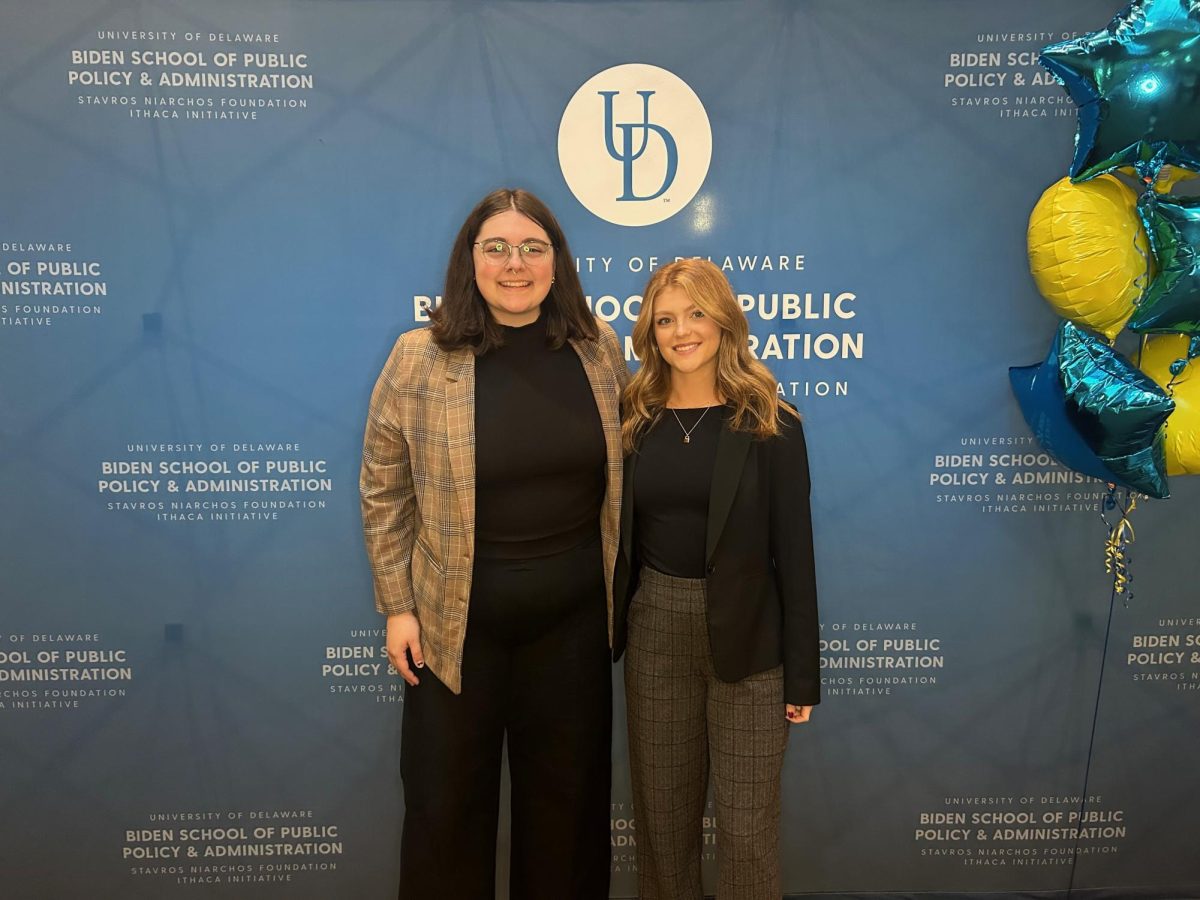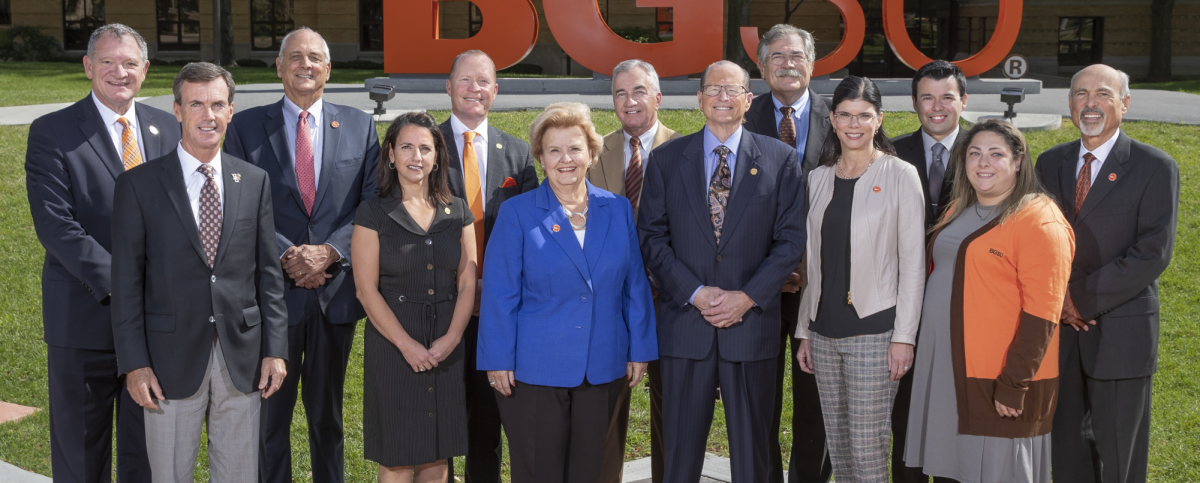On Aug. 1, 2008, Kathy Farber and Bill Armaline were informed their programs, Partnerships for Community Action and Center for Innovative and Transformative Education, would close at the culmination of the school year. After spending countless hours writing letters, raising questions and proposing alternatives to the shut downs with no help from central administration, Farber and Armaline said they are tired of fighting. The partnerships formed in 1996 under the direction of then President Sidney Ribeau aimed to redefine the University’s relationship with the community with reciprocal partnerships. They did this by providing grants and support for several University projects and encouraged these projects and community agencies to work together. ‘We were designed to link the University with the broader community and we did this by focusing on literary services, offering tutoring programs and forming other connections with BGSU and Toledo Public Schools,’ Armaline said. ‘PCA had similar goals with the inclusion of service-learning and engagement programs.’ According to a letter from PCA Director Farber to PCA Advisory Board members and grantees, central administration informed the programs they needed to become ‘self-sufficient’ in two years time -‘shy; this was in 2008. Since they were informed of this, they have lost the administrative assistant the programs both shared and upon turning in the plans to become self-sufficient, were still told the programs had to be closed. The letter states, ‘On August 1, 2008, central administration, despite a decade of glowing reviews and praise for developing new programs and ‘a broad range of meaningful impact on BGSU and members of the surrounding community,’ indicated that this was PCA’s final year . . . our grant making partner, CITE, was also told to close at the end of the academic year. CITE Director Bill Armaline retired in December 2008.’ Armaline and Farber both said they understand the crisis occurring in the economy currently and understand the budget crisis, they just wish they were given more of a chance. ‘We had everything done,’ Farber said. ‘We had enough to become self-sufficient and we had enough to stay afloat. I have always worked under a budget crisis so I didn’t argue and I showed them the facts. The University already made up their mind the programs would be cut.’ Armaline said the University told them they were spending more funds than were being generated – reason enough for the then Provost Shirley Baugher to close the programs. ‘This was just not true,’ he said. ‘We have tons of grant paperwork and letters of impact stating we were generating more than spending. We were not only supporting ourselves but helping to support offices which formed partnerships with us. The University just made the field too narrow for us to stay afloat.’ Armaline added cutting programs like this really reflects the values of the institution and the provost in charge of slashing their services. ‘Our quality of our work should speak for itself,’ he said. ‘And their message was clear: They did not want us to continue and they did everything they could to stop it.’ According to a Toledo Blade article printed Feb. 14, Provost Mark Gromko said, ‘The two offices had very similar missions; in fact, they were overlapping which was part of the decision to discontinue them ‘hellip; in this time of budgetary crisis, it was inefficient to have redundant centers.’ Farber counters this. She said the programs should not have been closed because they fulfill the community outreach that is vital for a public University and even though there was some overlap, the programs practically merged to save money. ‘We were sharing assistants, space and even the copy machine,’ she said. ‘We dealt with engagement, they dealt with education. We wrote grants together and raked in the largest single grant in the University’s history together. That is no excuse.’ Gromko was also quoted saying BGSU must seek partnerships and collaborations where there is a benefit to both the community organization and the University. Farber said this was wrong as evidenced by the reciprocity agreements and the Partnership Support Grant program outlined in the 2008 PCA and CITE executive summary. The summary states, ‘In 1996, PCA pioneered and implemented a reciprocity agreement and the Partnership Support Grant Program designed to promote mutual benefit and reciprocity by providing funding to University and community partnerships which address issues that concern both constituencies.’ Both directors said they were astonished by all the facts listed in the Toledo Blade article by Gromko because they said the facts were wrong. ‘We have paper trails and even a letter from Gromko telling us to keep up the good work,’ Farber said. ‘We have sent letters and have fought as hard as we could but the University clearly has made up their mind.’ Staff at the Office of the Provost, including Gromko, declined comment regarding the Blade article and closings on numerous occasions. After months of fighting, pencil pushing and form filing, Armaline and Farber, former instructors, have decided to return to the classroom in the fall and hope the University continues engaging the community, despite the opportunities which are lost for students and faculty. ‘I love PCA and have loved the opportunities provided for everyone,’ Farber said. ‘The University does not value the work the persons have done in regards to creating a whole community of scholars outside the University interesting in solving real life problems, and that’s what we did.’
Community engagement directors speak out after having programs unexpectedly shut down
April 2, 2009
0
Donate to BG Falcon Media
$445
$2500
Contributed
Our Goal
Your donation will support the student journalists of Bowling Green State University. Your contribution will allow us to purchase equipment and cover our annual website hosting costs.
More to Discover













